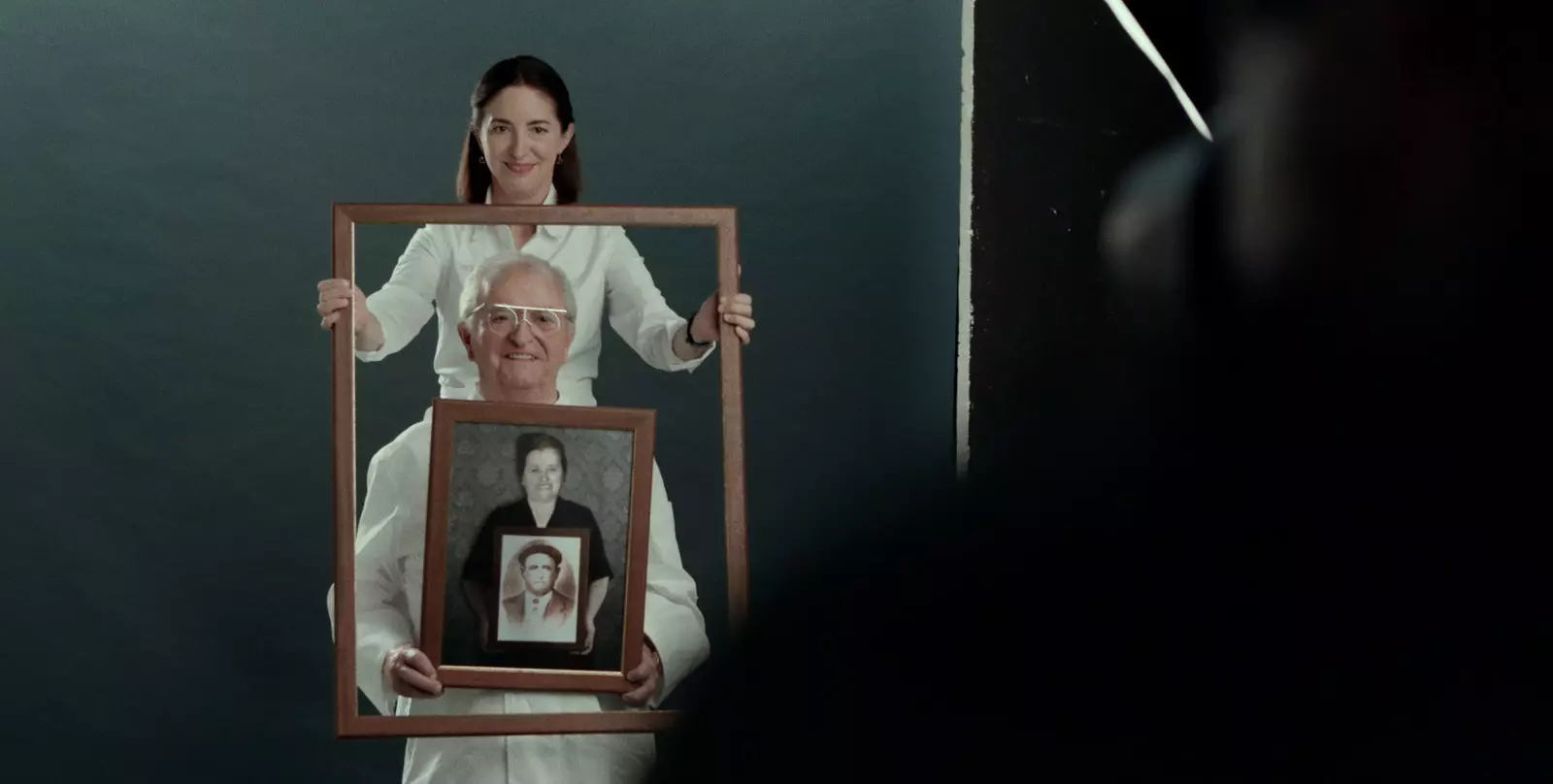
Past, present and future of Arzak.
Juan Mari Arzack he has decided that he wants to die in the kitchen. He does not withdraw. He couldn't leave the kitchen, he couldn't leave his house, his restaurant, where he grew up, grew up and from which he revolutionized cooking. He does not want. He says so and proves it in the documentary Arzak Since 1897 released in the past San Sebastian Festival Y in theaters from October 2, where he opens wide the doors of his house, the Arzak restaurant that began as an eatery in 1897 and is still in the same place, in the Alto de Miracruz in San Sebastian, with its three Michelin stars for more than three decades.
Asier Altuna was commissioned by the production company Bainet to make this documentary. Of condense in just over an hour more than a hundred years of restaurant history, to recount the legacy and past of Juan Mari, to decipher his relevance in international cuisine and to speak of the future embodied by Elena Arzack. "When they explained the project to us the first time, it seemed unthinkable to us to synthesize everything that has happened in Arzak from 1897 until now," Elena told Zinemaldia. “But they convinced us and they have really managed to embroider it, although it was not easy at all.”
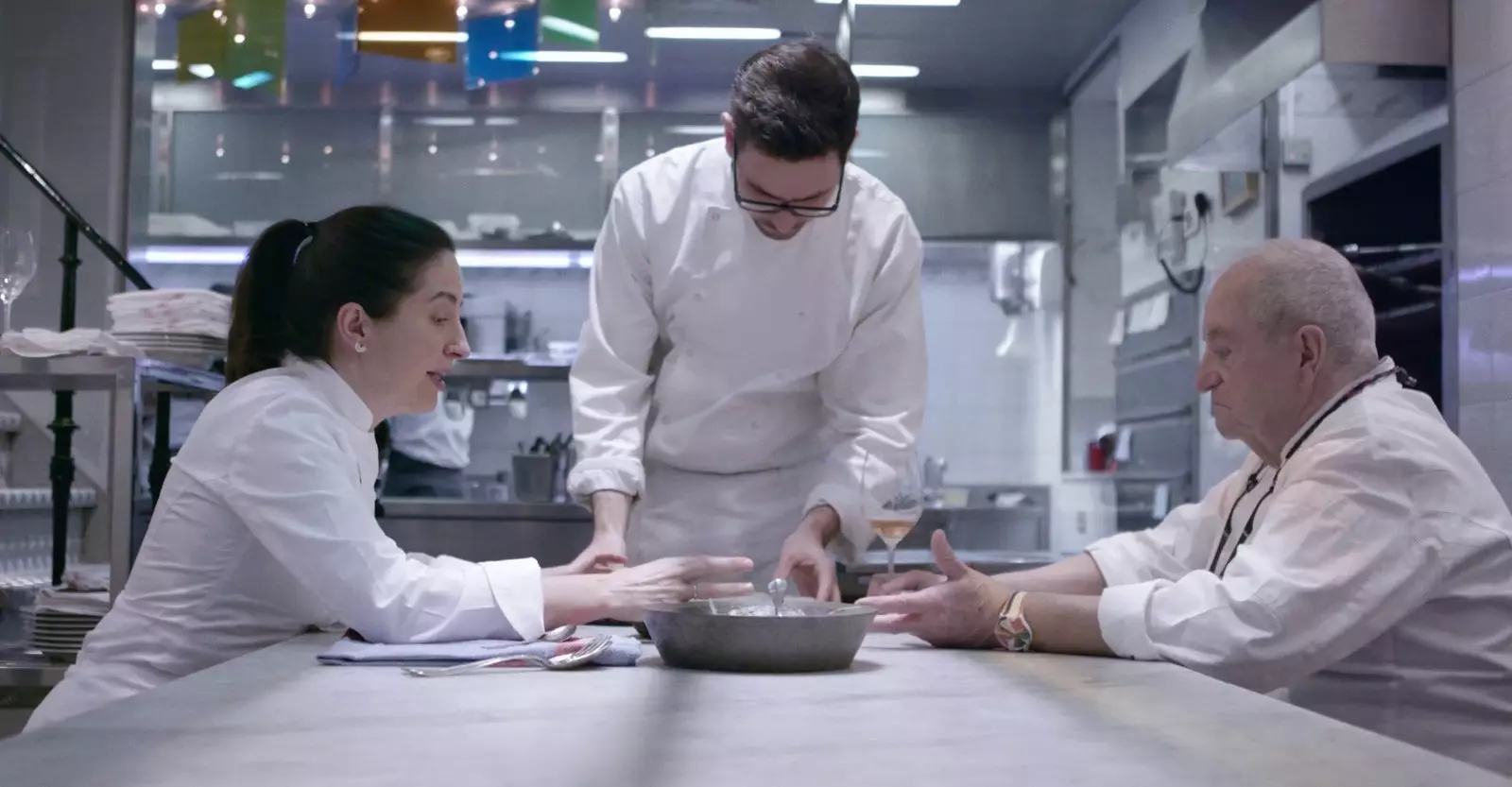
Elena and Juan Mari in their kitchen, at his house.
you approach Arzak Since 1897 waiting for another cooking documentary and you end up seeing a story of family and human connection, peppered with precious images of highly selected dishes from the Arzak laboratory with **the four colors of the emblematic sauces that define traditional Basque cuisine: red, green, white and black. **
In the film, his protagonist, Juan Mari, falls in love a little more through routine sequences in the Arzak kitchen with his team and Elena, in scenes playing in the Monte Igueldo Amusement Park, and through the testimonies of his two daughters, Elena and Marta, and of his best friends in the kitchen: from Subijana and Arguiñano, with whom he led the revolution in Basque cuisine, to Dabiz Muñoz or Ferran Adrià, with whom he had amusing discussions.
Altuna and his team spent weeks inside Arzak's kitchen, in the living room, silently observing, the protagonists had microphones and let the magic happen, without a script. And it happened. “Everything that happens there is not prepared”, confirms the manager. He did not want a documentary based on interviews, but that the interviews were the complement and they are. The friends explaining what Juan Mari is like while he has a great time in some bumper cars.
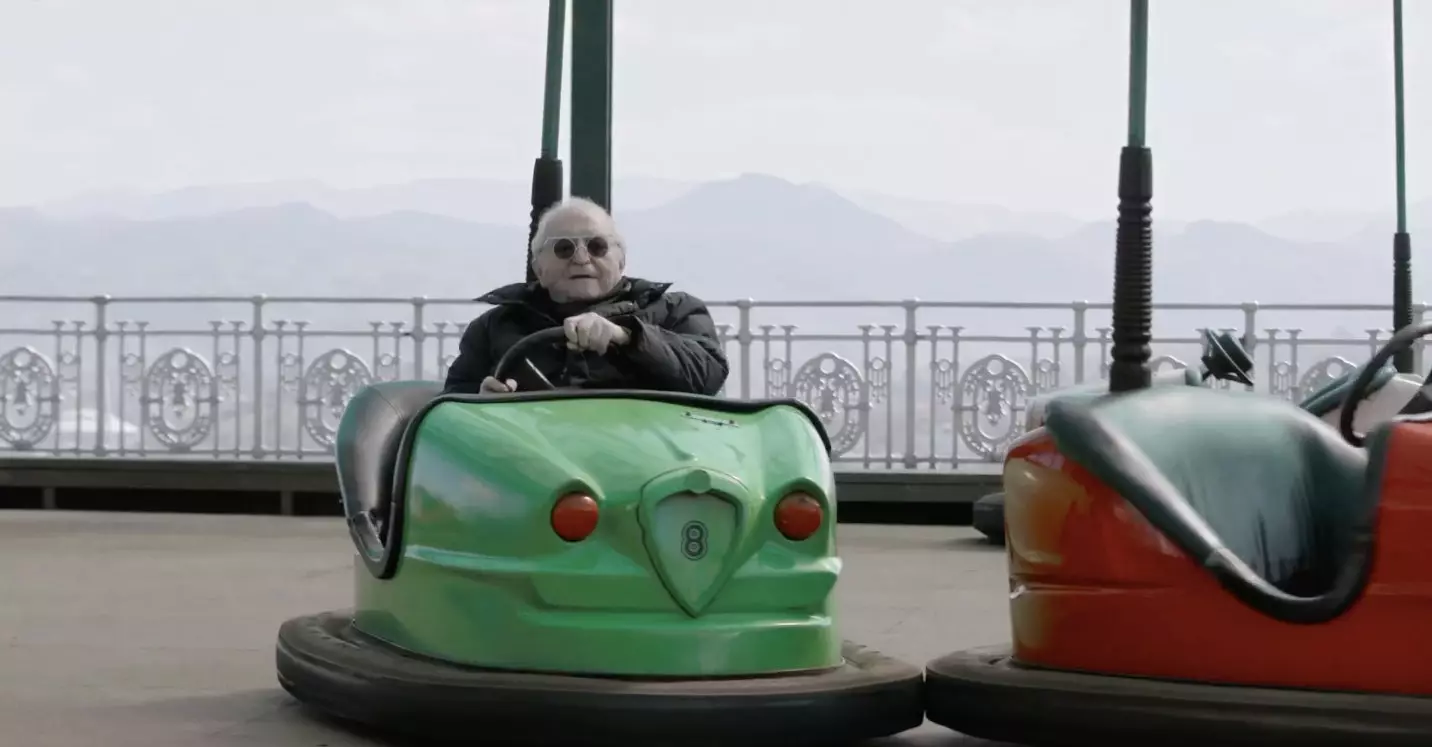
She doesn't like being considered normal.
“He is playful” Altune says. “Honestly, I think at first I was afraid of being disappointed. How many times has Juan Mari said that he is a child and I was afraid that it was all pose. But no, he is like that, he is playful, he has that curiosity, he is all the time asking everyone everything, he wants to know everything. Discovering that character is wonderful. I have learned of life with him, of being alive, that relationship that he has with the new generations, with young people”.
“You have to think like a child because children do different things every day”, says the cook and that is his philosophy. He is always trying to get ahead of the imagination, to distance himself from creativity in order to keep up with the times. That is the secret of being one of the few restaurants that maintains the three stars for three decades. A philosophy now inherited by Elena Arzak, who picks up the legacy of the family eatery and provides it with that international and current connection to continue growing and being up to date.
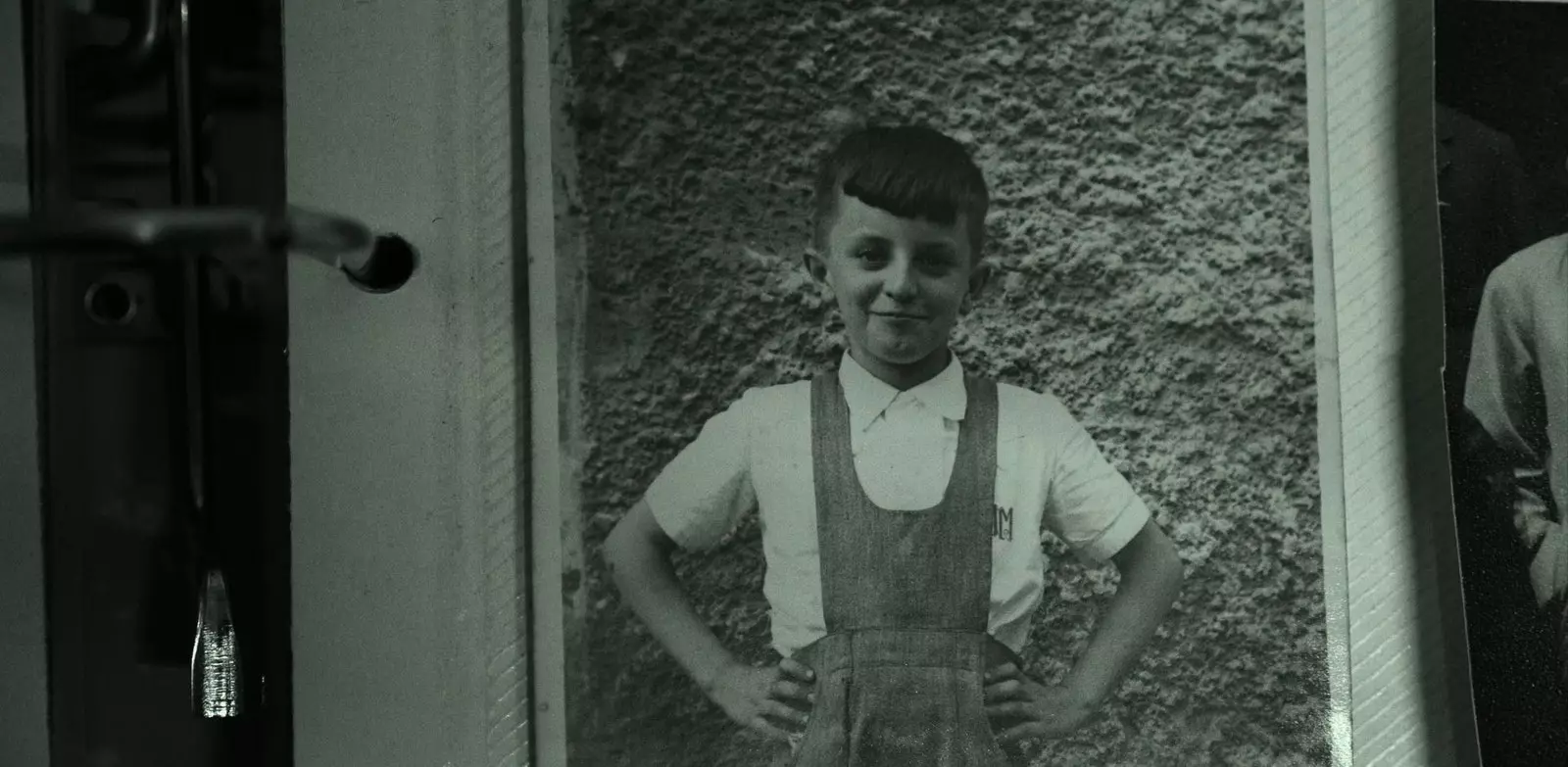
Arzak, the boy who remains.
Elena Arzak also has an important role in the documentary, as she deserves. From the entrance of her with only 24 years in the restaurant to the recognition of her as National Prize for Gastronomy and best cook in the world. In archive images, as her father says, the Arzak has always been for women: his grandmother, his mother and now his daughter. Although they well admit that, in a sector dominated almost entirely by men, Elena has had to prove much more for being a woman to remove the label of 'daughter of'.
A TRIBUTE TO ARZAK IN SPITE OF ARZAK
Among the lessons that Juan Mari has transmitted to his daughter and that he leaves in the documentary for everyone: the distinction between good and excellent and the dedication in body and soul to your work. As he has been doing for more than 60 years.
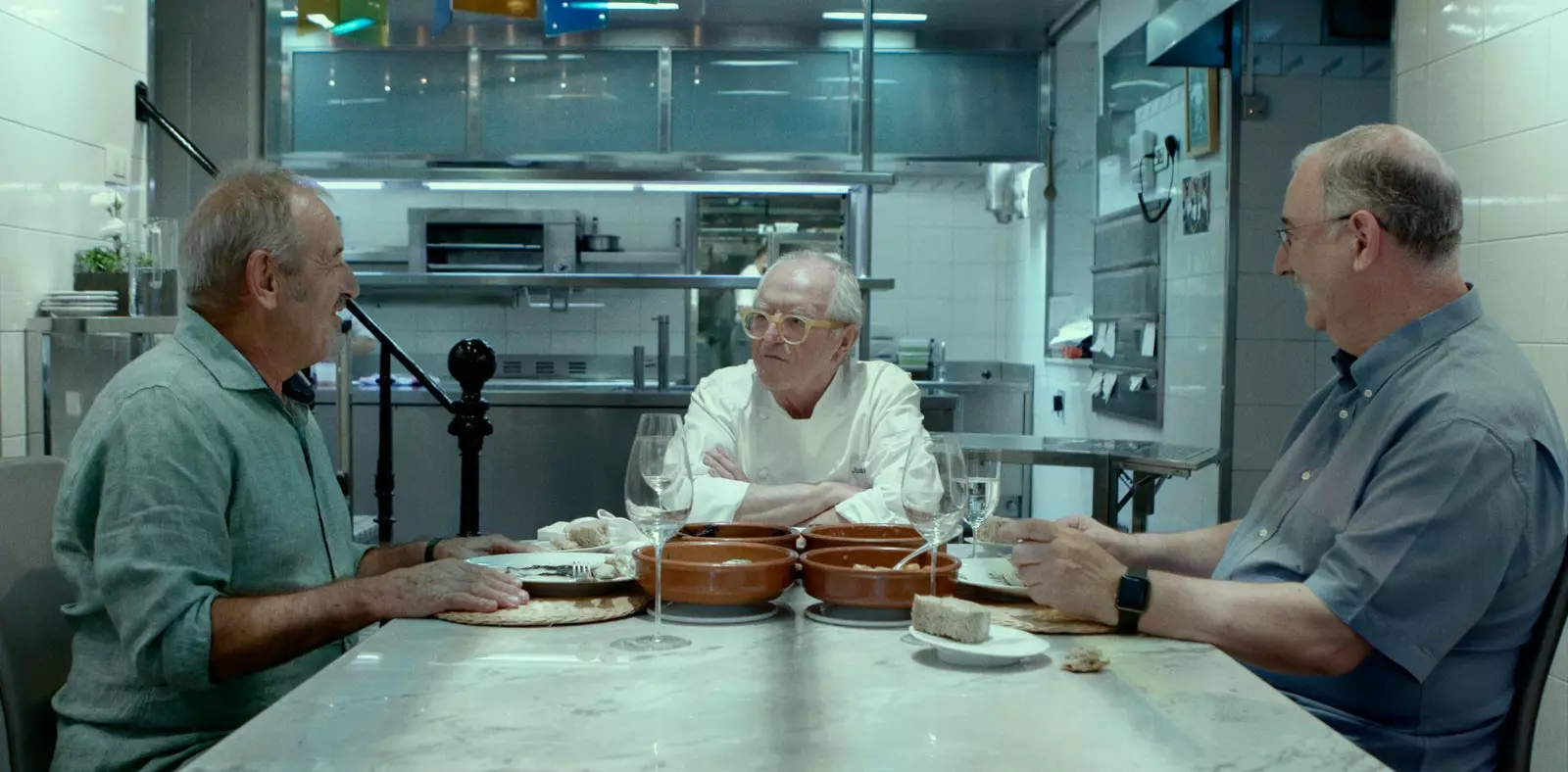
Arguiñano, Arzak and Subijana: the three friends.
Arzak doesn't like being told that he's normal, he prefers to be taken for crazy and feted (because he needs and appreciates professional and media respect and support) for his overflowing imagination. “I have a lot of things left to do,” she laments herself at the end. Although it is difficult for him to talk about finals, that is why he does not like the word tribute, it sounds posthumous to him.
However, after seeing Arzak Since 1897 he has relented a bit. “Now he does accept it as a tribute”, Elena reveals. “This is a tribute to everything he has done. My father is always the next thing, the next thing, the next thing, but the film does a very important job talking about what has been collected. It has everything: it has history, it reflects our society, it reflects the team, the importance we give to suppliers reflects what Juan Mari is like, and what I am like. I think it reflects everything."
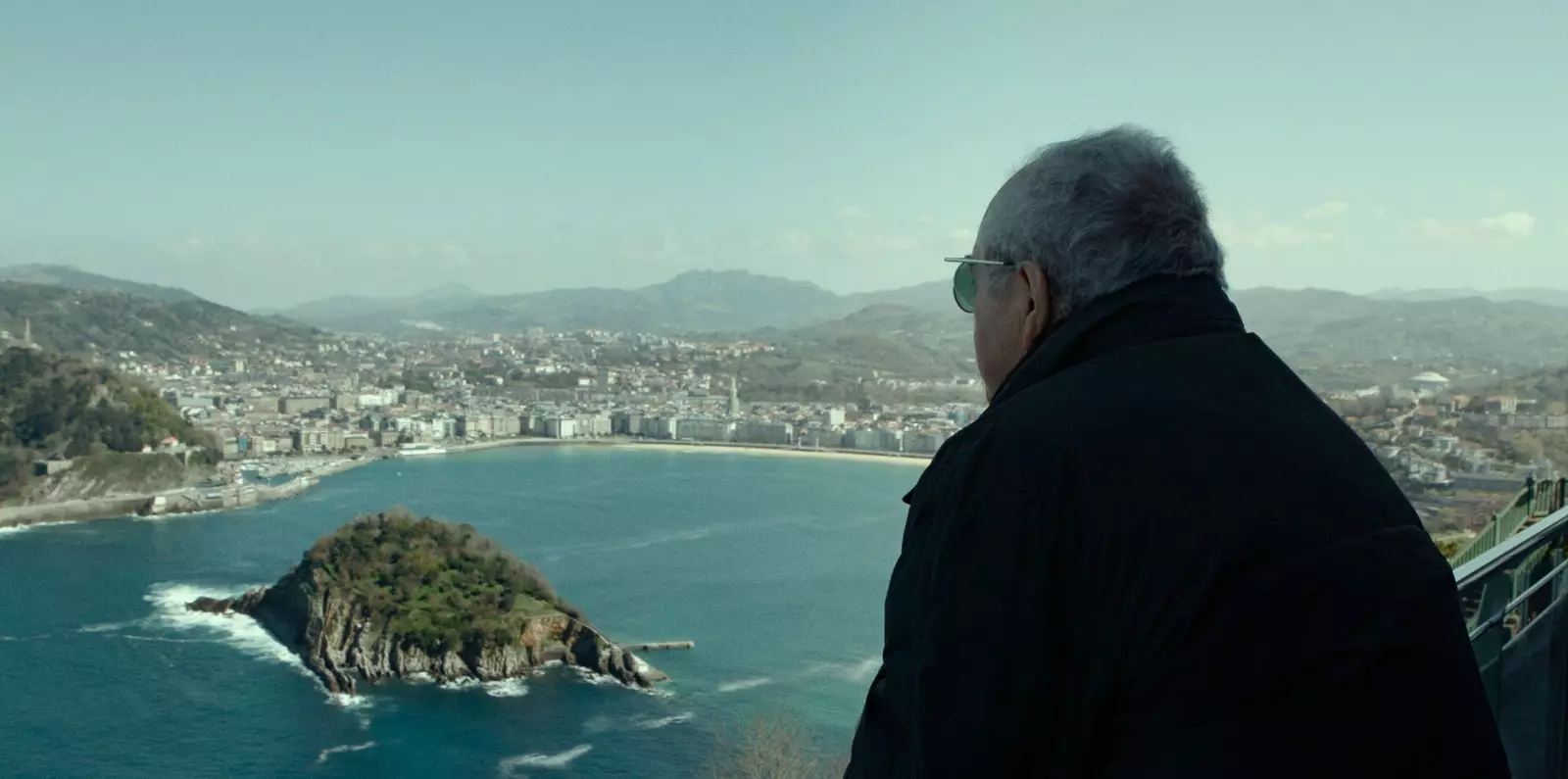
Arzak and his Saint Sebastian.
